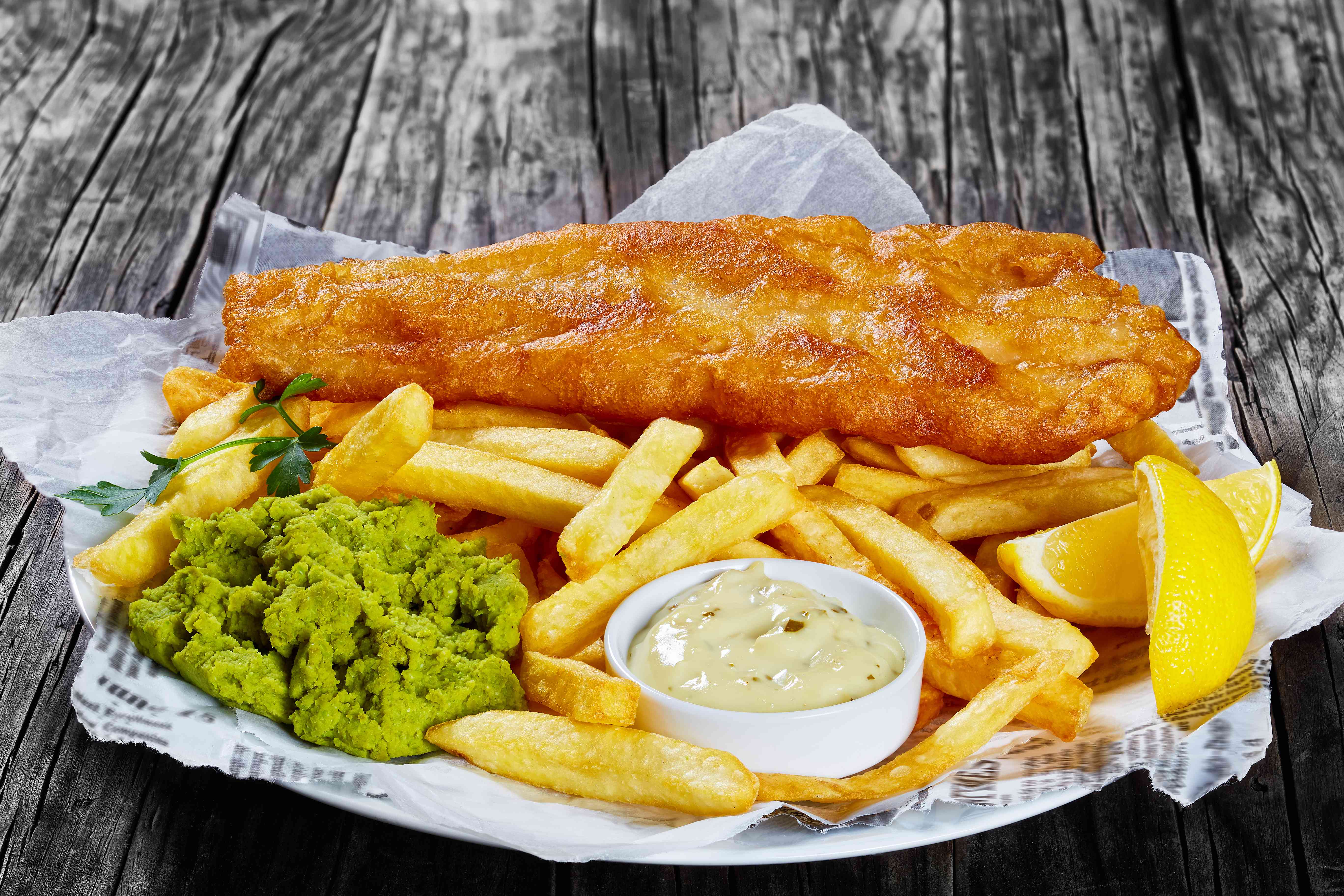In the world of nutrition and cooking, vegetable oil holds a significant place as one of the most commonly used cooking mediums. It’s a staple ingredient found in almost every kitchen, serving as a base for frying, sautéing, baking, and even salad dressings. However, the question of whether vegetable oil is truly healthy has sparked debates among health-conscious individuals and experts alike. In this article, we’ll delve into the world of vegetable oil, discussing its production, nutrition, cooking applications, and the role of sustainable palm oil as one of the best option among vegetable oils.
What is Vegetable Oil?
Vegetable oil is a broad term that encompasses a variety of oils derived from plant sources. These sources include but are not limited to soybeans, canola (rapeseed), sunflower seeds, safflower seeds, corn, and palm fruits. These oils are extracted from the plants’ seeds, nuts, fruits or kernels using mechanical and chemical processes, resulting in the liquid fats commonly known as vegetable oils. They are prized for their neutral flavour, high smoking points, and versatility in culinary applications.
How is Vegetable Oil Produced?
The production of vegetable oil involves several stages, starting with harvesting the plant’s seeds, nuts, or fruits. Once harvested, the oil-containing parts are cleaned, dried, and then subjected to mechanical pressing or solvent extraction methods to extract the crude oil. The extracted oil is then refined, which involves processes like degumming, neutralisation, bleaching, and deodorisation to remove its flavour, but enhance stability and appearance.
Vegetable Oil Nutrition
Fatty acids are the building blocks of the fat we eat and of the body fat. However, they vary in chain lengths and degree of saturation. They are named according to their degree of saturation: saturated fatty acids (Sats), monounsaturated fatty acids (Monos) or polyunsaturated fatty acids (Polys) (omega-6 and omega-3). Polys are essential for the body’s proper functioning, aiding in nutrient absorption, cell membrane formation, and energy storage. They also contribute to heart health by reducing levels of LDL cholesterol, often referred to as “bad” cholesterol.
Heating May Impact the Oil’s Nutrition
Vegetable oil when subjected to high temperatures, such as during frying, can undergo oxidative changes that lead to the formation of harmful compounds. These changes can potentially diminish the health benefits of the oil and even create free radicals, which are associated with various health issues, including inflammation and oxidative stress.
How the Oil is Processed May Impact its Health Benefits
The refining process of vegetable oils can also influence their health benefits. During refining, some amount of naturally occurring antioxidants (Tocopherols) in the oil may be lost. However, modern refining methods often include efforts to retain these valuable components.
How Omega-3 and Omega-6 Fatty Acid Ratios Impact Health
One important aspect of evaluating the healthiness of vegetable oils is their fatty acid composition, particularly the ratio of omega-3 to omega-6 fatty acids. While both types of fatty acids are essential, the modern Western diet tends to have an imbalanced ratio, with excessive omega-6 consumption. This imbalance has been linked to inflammation and an increased risk of chronic diseases. It’s important to choose vegetable oils with a balanced ratio or to complement their intake with sources rich in omega-3 fatty acids, such as fatty fish, flaxseeds, and walnuts.
Cooking with Vegetable Oil
Refined vegetable oils have a high smoking point—the temperature at which the oil starts to smoke and break down— it is a major reason behind its popularity in cooking methods that involve high heat, such as frying and sautéing. Using oils with high smoking points helps to slow down the production of harmful compounds, but mainly prevents fires and spontaneous combustions.
Vegetable Oil and Smoking Points
Different types of vegetable oils have varying smoking points due to their distinct chemical compositions. For instance, refined oils like palm oil, canola and soybean oil tend to have higher smoking points compared to extra-virgin olive oil. This makes them better suited for high-temperature cooking methods. However, it’s crucial to note that consistent heating of oil will lead to its breakdown and effectively will lower the smoke point.
Benefits of Vegetable Oil
When used in moderation and chosen wisely, vegetable oils can offer several health benefits – especially when you choose sustainable palm oil for frying and deep-frying. Vegetable oils contain vitamin E and other antioxidants, which play a crucial role in protecting cells from oxidative damage. These oils also provide a concentrated source of energy, which is essential for maintaining an active lifestyle.
Sustainable Palm Oil: The Best Vegetable Oil
Among the various options available, sustainable palm oil – not palm kernel oil – stands out as a noteworthy candidate for being the best vegetable oil. Sustainable palm oil is produced through environmentally responsible practices that prioritise conservation, community welfare, and sustainable land use. Unlike its non-sustainable counterparts, sustainable palm oil cultivation avoids deforestation and harmful agricultural practices.
Sustainable palm oil’s nutritional profile is equally impressive. It contains a balanced ratio of saturated to unsaturated fats, which contributes to its stability and suitability for cooking at high temperatures. Additionally, palm oil contains a type of vitamin E called tocotrienols, which have been linked to various health benefits, including antioxidant and anti-inflammatory effects.
Research has shown that sustainable palm oil’s composition is rich in carotenoids, which are precursors to vitamin A and have been associated with promoting eye health and supporting the immune system.
In the ongoing debate about the healthiness of vegetable oils, it’s evident that their nutritional aspects are influenced by factors such as processing methods, cooking techniques, and fatty acid compositions. While concerns about the potential negative effects of heated vegetable oils are valid, choosing the right oil and using it judiciously can help harness their benefits while minimising risks.
Sustainable palm oil emerges as the most promising option, boasting a well-rounded nutritional profile, responsible production methods, and a positive impact on overall health. As consumers become increasingly aware of the importance of sustainable and health-conscious choices, incorporating sustainable palm oil into their cooking routines can be a step toward a healthier lifestyle for both individuals and the planet.
Buy Sustainable Palm Oil From the UK’s Leading Supplier – Frymax
Frymax has been the leading supplier of frying oil to UK fish and chip shops, food outlets, and restaurants since 1954. It offers superior frying results and is a champion of sustainability. Since 2013, Frymax oil has been exclusively sourced from fully segregated, RSPO-certified palm oil, ensuring the highest ethical standards. No non-certified oil is used in Frymax production. By choosing Frymax, home cooks and restaurateurs actively support sustainable and ethical palm oil production. For more details, reach out to the helpful Frymax team.






